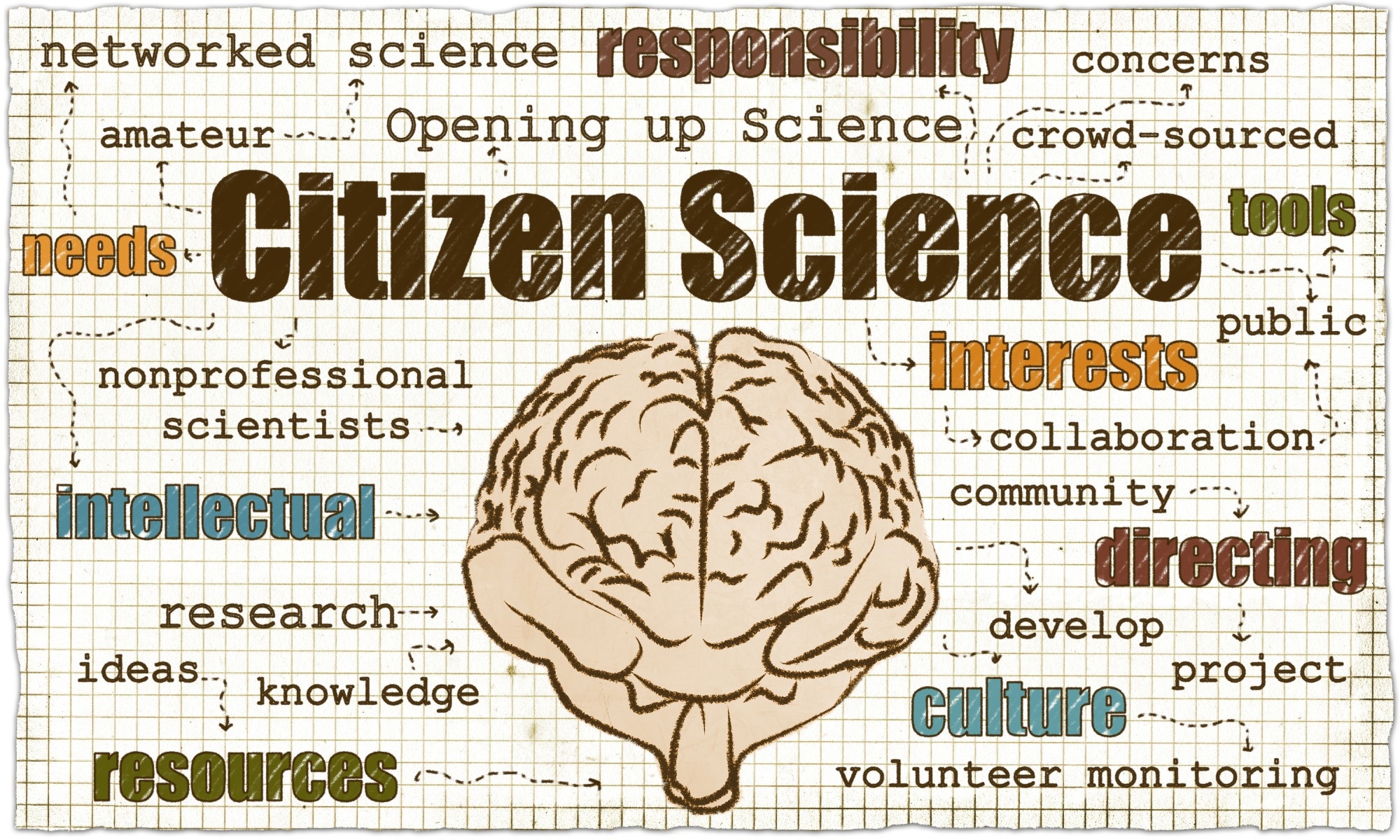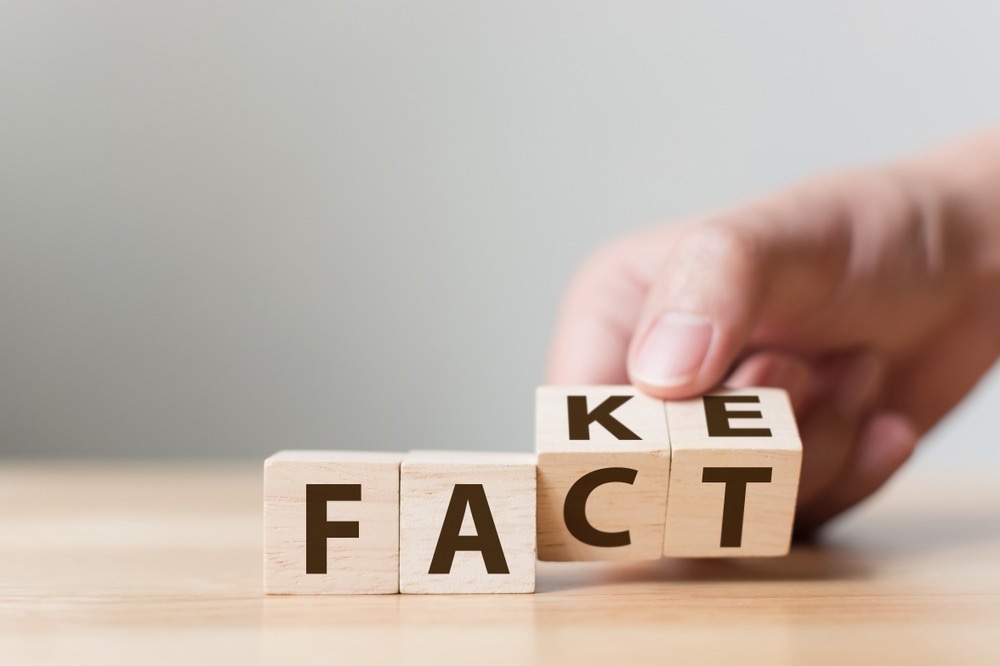In December 1900, in North America, the National Audubon Society organized the first of many Christmas bird counts aiming to collect scientific data, especially useful for conservation efforts. This was one of the first instances of citizen science, and the interest in this practice has been growing exponentially since 2005. With 1,995 publications published in 2019 alone, thanks to participatory experiments, citizen science is now making an impact and shaping the future of research.

Image Credit: T. L. Furrer/Shutterstock.com
Science communication through dissemination
Historically, science has been communicated through a dissemination model, also known as a deficit model. This model is founded on the premise that the general public has a knowledge deficit and needs to be educated by the scientific community.
This approach has proved inefficient in promoting public understanding and facilitating science access. This has created a gap between academia and the wider society. A significant number of scientific papers are published each year that do not result in any behavioral change in the general public. Usually, the knowledge does not reach the public.
The media have filled this gap, and it is a common way for people to acquire scientific knowledge thanks to general news outlets. For example, scientists communicating outside the scientific community through the media have better chances of being noticed. The issue is that the media choose which stories to publish, and only a few scientific stories make their way to news outlets.
The need for a new model
To create more value out of research and ensure the knowledge attains non-expert audiences, a paradigm shift is currently happening to move from dissemination to dialogue, promoting two-way interactions. As such, citizen science is a great way to engage the public and open the dialogue between scientists and citizens.
Citizen science projects often attract media attention as they usually generate good stories and are relevant to a considerable proportion of the public. This media presence is also beneficial for the recruitment of participants. The collaboration between science and media is thus beneficial for both parties.
The benefits of citizen science
Other than facilitating access to their research and increasing their reach, scientists will reap other benefits from using citizen science. For instance, thanks to participants, scientists have access to more data, not obtainable otherwise. Engaging interested citizens is an efficient way to access large datasets, ideal for statistical analysis.
Citizens can also raise new questions that the scientific community has not considered. This brings new perspectives, which can help researchers formulate research questions. This is also true as citizen science promotes more diversity in sample, increasing access to science and empowering people from underrepresented groups, correcting the unbalanced representation in the research process.
Finally, citizen science strengthens quality control by acting as a comprehensive peer review. Complex topics, such as the one's research is trying to elucidate, necessitate varied perspectives brought by participants in such experiments. This legitimates the results further and makes the scientific process more democratic.

Image Credit: Monster Ztudio/Shutterstock.com
Benefits for participants
Citizen science does not only benefit science and researchers but participants themselves. Mainly, participation in citizen science has been positively associated with an increase in topic-specific knowledge and engagement level. The participants have the opportunity to learn more on the topic while simultaneously participating in the production of knowledge.
Citizen science has the potential to educate participants on science itself. It promotes learning of the topic and facilitates the attitude towards science and the understanding of science procedures. By involving citizens, citizen science bridges the gap between academia and the general public.
This deeper understanding of how science operates is essential for the debates on today's issues, such as climate change or global health. With a better understanding, citizens are well-armed against fake news and equipped to formulate their own opinions.
The meaning for society and research
This even goes beyond a two-way system, as citizen science can benefit society as a whole. Promoting easy access to research and knowledge, allowed by citizen science, is a powerful tool in democratic societies.
Citizen science makes research less opaque, and as the general public understands science better, it is easier to justify funding. Additionally, involving citizens ensures that scientific priorities are well-matched with societal concerns, further reinforcing trust.
It encourages people to become involved in their surroundings. Thus, an informed public can play an active and more important role in shaping scientific policy decisions. There is also a role in shaping policies concerning topics where scientific knowledge is a big asset, such as climate change and public health.
The benefits of citizen science are multiple and go beyond the shift from the dissemination model to the dialogue model. Positive effects of participatory science trickle down from research to the wider society. Therefore, it seems that, in the future, it makes complete sense for research to include more and more citizen science as long as it is feasible and coherent within the frame of the study.
Sources:
- Álvarez, D,. (2020). 'Evolution of Academic Publications in Citizen Science' Available at: cstrack.eu/.../ (Accessed 31 March 2022)
- Aristeidou, M., and Herodotou, C., (2020). 'Online Citizen Science: A Systematic Review of Effects on Learning and Scientific Literacy'. Citizen Science: Theory and Practice 5 (1): 11. https://doi.org/10.5334/cstp.224.
- Brouwer, Stijn, and Laurens K. Hessels. (2019). 'Increasing Research Impact with Citizen Science: The Influence of Recruitment Strategies on Sample Diversity'. Public Understanding of Science. https://doi.org/10.1177/0963662519840934.
- Hecker, S., Monique L., Brandt M., et al. (2018). 'Stories Can Change the World – Citizen Science Communication in Practice' Citizen Science https://www.jstor.org/stable/j.ctv550cf2.37.
Last Updated: Oct 24, 2022